Group photo of all workshop participants in front of the Orbelian Caravanserai by Nassar Eledroos, Atlantic Fellow for Racial Equity.
Awe-inspiring, snow-capped Mt. Ararat juts up like a guardian watching over the Armenian capital city of Yerevan. Only it’s no longer in Armenia. Despite being the centerpiece of Armenia’s coat of arms, Mt. Ararat now sits outside the borders of modern Armenia in Turkey.
Shifting borders and identities was a prevalent theme in the Re-membering Through Narratives workshop co-designed by Global Atlantic Fellow for Equity in Brain Health, Dana Walrath, and Global Atlantic Fellow for Social Equity, Durkhanai Ayubi, held in Yerevan from September 25 to 29, 2023.
“Re-membering” as such suggests a calling back of something, the return of a piece of ourselves. Indeed, as we gazed out at Mt. Ararat in the pinky dawn, Armenian-American Dana told us her Armenian ancestors are from the far side of the mountain in present-day Turkey. “This is the closest thing I have to an ancestral homeland,” she reflected.
The workshop brought 18 Global Atlantic Fellows together to challenge the dominant narratives each of us is navigating, and make space for the trapped solutions—counter narratives—we are liberating through our work. Here are a few examples of participating Fellows’ offerings:
- Joy. Atlantic Fellow for Social Equity Katrina Smit centers abundance and joy in her Māori sovereignty work. She thinks about oppressed ancestral knowledge not as lost, but as hidden. “Continuance in practice,” she suggested, “is not having to be faithful to a fixed idea of who we were but about our ability to live creatively as our tipuna (ancestors) did.” She encouraged us to make space for emergence and sensing into the present with openness and joyfulness. "Living a joyful life is a form of resistance."
- Humor. Atlantic Fellow for Equity in Brain Health Laura Booi uses humor as a tool to cut through dominant norms. In November she’s mounting a UK-based comedy and educational performance tour to teach people how to take care of their brains.
- Food. Durkhanai makes and shares traditional Afghan food to shift boundaries. Durkhanai and Dana connected in part through their shared ancestral homelands along the Silk Road, the age-old source of rich cultural exchange. Durkhanai pointed out the flavors and foods that Armenia has in common with Afghanistan, her birthplace.
- The body. In my presentation I used the metaphor of the circulatory system—one loop with different jobs—to make the point that there are many ways to make a connection with isolated dementia care partners. We can’t all be the heart, I acknowledged, but there are other supporting roles to play, from sending a postcard to sitting in companionable silence.
The Re-membering workshop took place against the backdrop of a tragic irony. We arrived right after the Armenian enclave of Artsakh, known internationally as Nagorno-Karabakh and situated within Azerbaijan, was seized during an Azerbaijani military offensive. Ethnic Armenians were forced to flee this long-disputed territory leaving everything including family graves behind. We visited the Armenian Genocide Museum. The director had to excuse herself from our museum orientation. “They don’t just kill us,” she wept. “They torture us.” She feared history would repeat itself.
The day after we went to the Genocide Museum we visited the medieval Geghard Monastery. Carved into the rockface of a cliff, one chamber features phenomenal acoustics. Inside it, a group of us began to hum. Indu Balachandran, Atlantic Fellow for Social Equity and a musician gave us permission to soar with her mesmerizing singing. The sound swelled. Ivana Merckel, Atlantic Fellow for Health Equity in South Africa, trained in opera. Her voice lifted into what I experienced as a cathartic, melodic wail of solidarity—an expression of both the profound grief and the hope we carry for Armenia and Armenia’s people. For Ivana’s people. For all of our people.
Throughout the week Fellows showed that when we use our voice—when we raise our collective voice—alternative narratives can emerge and grow a more equitable, beautiful world.


.avif)



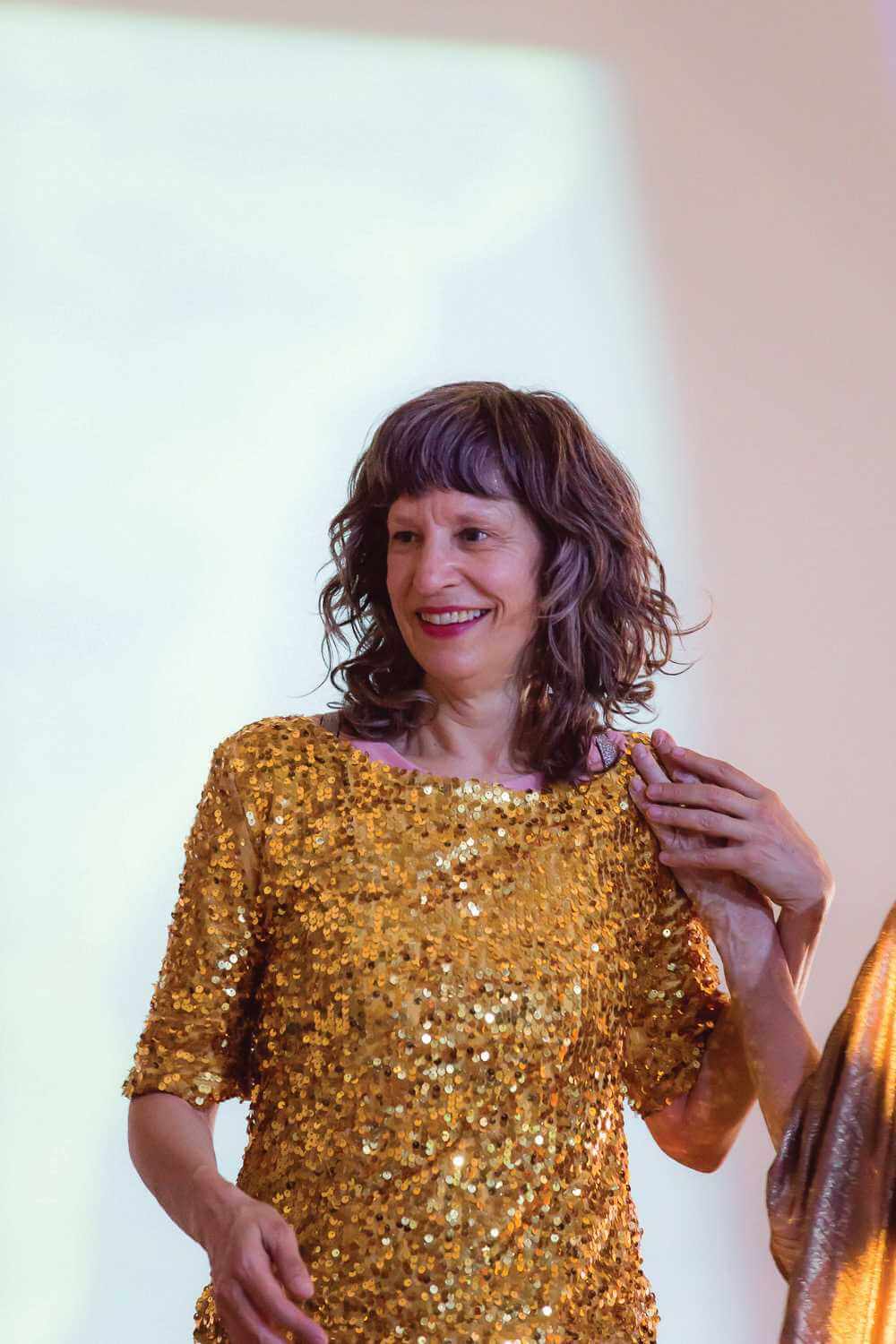

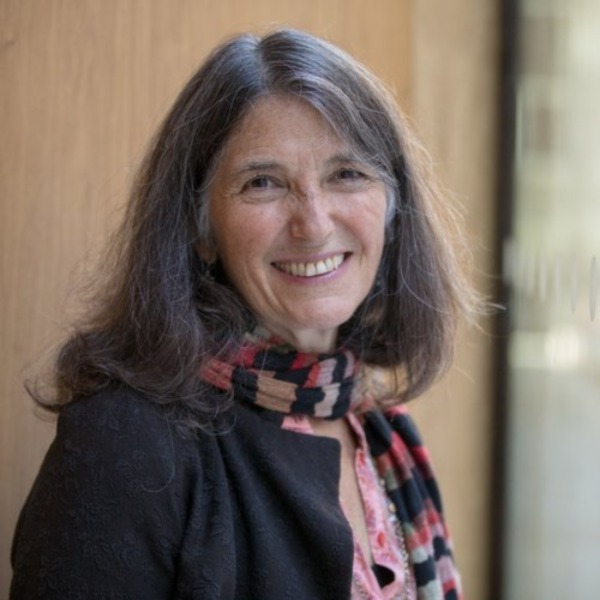
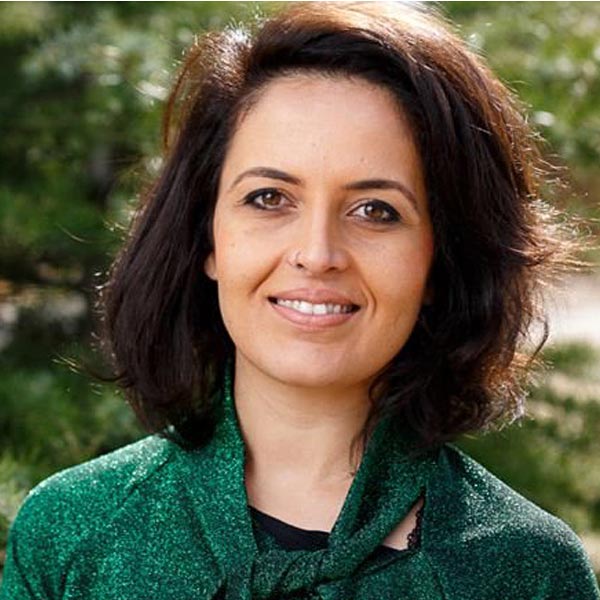

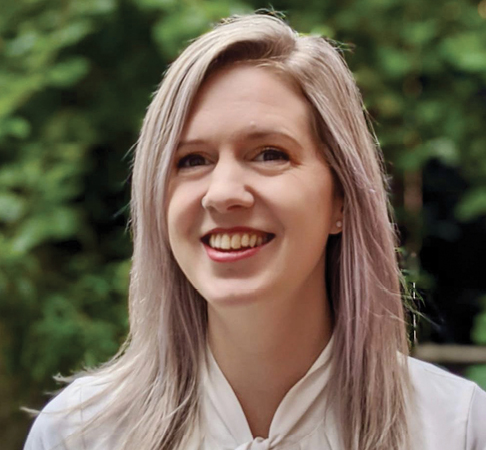
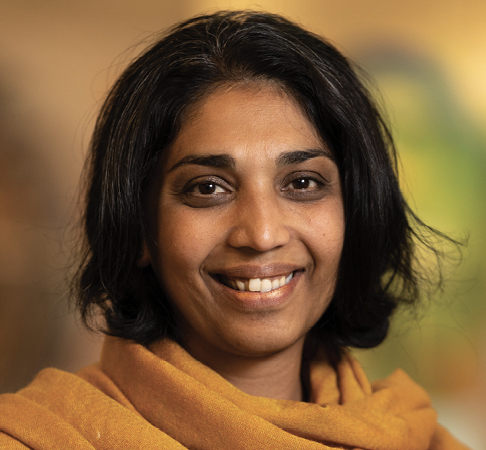
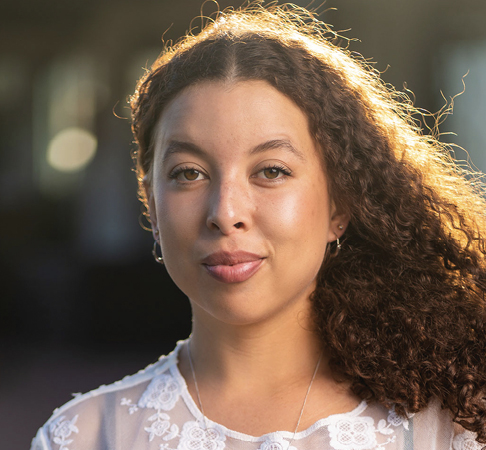

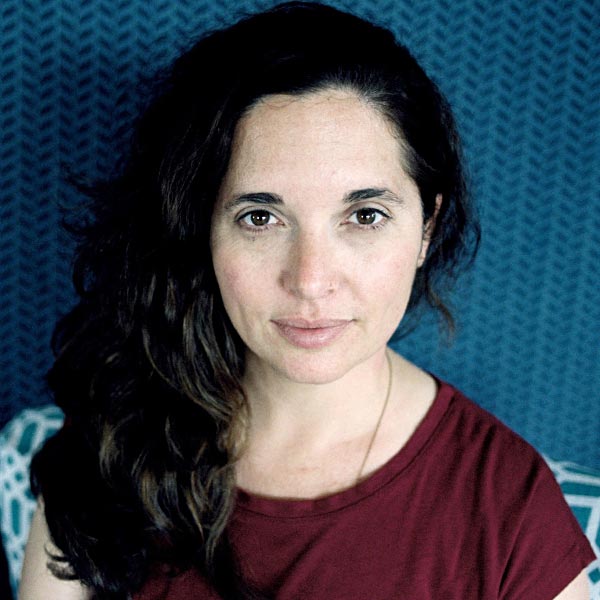

.png)

